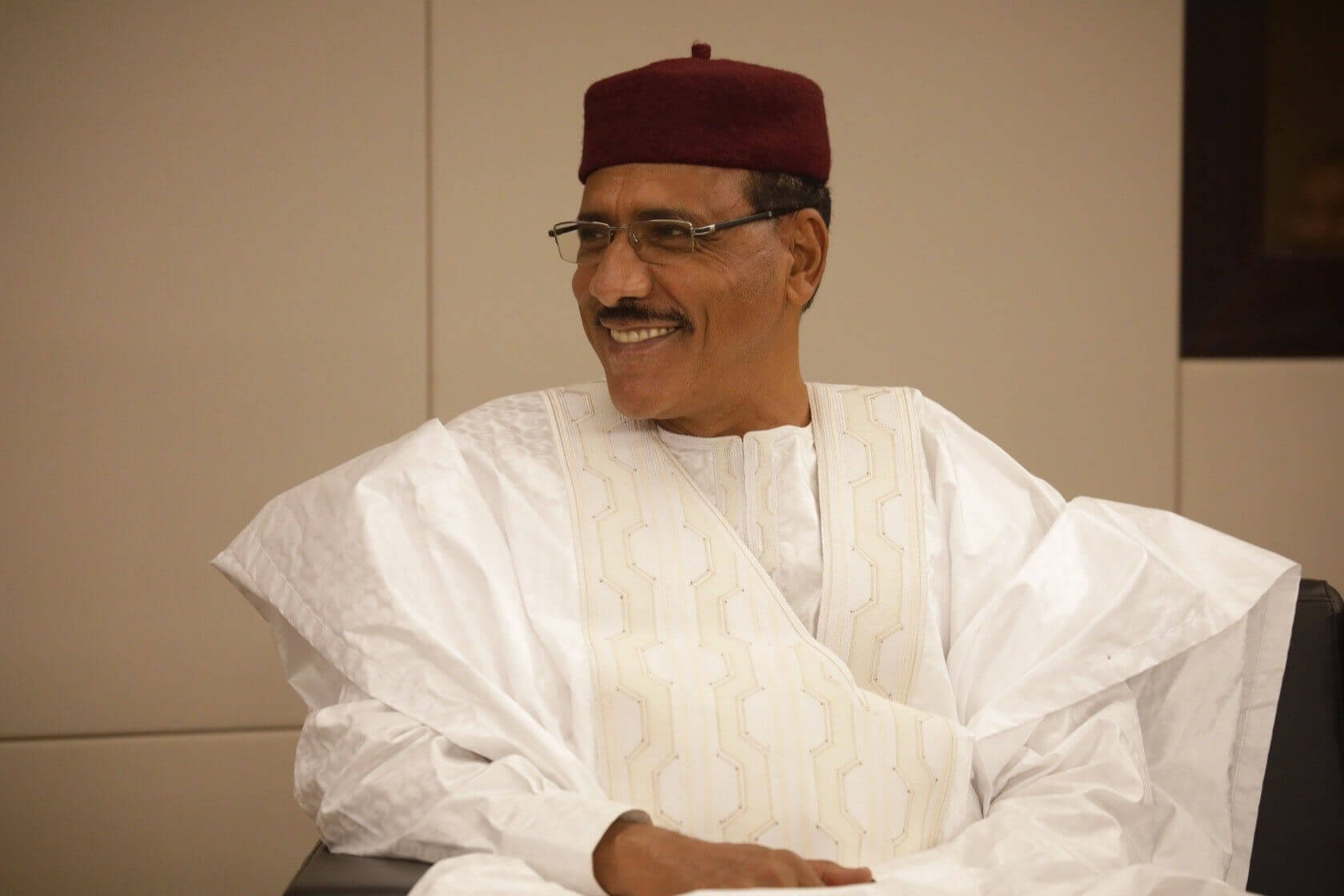Mohamed Bazoum has emerged victorious in the second round of voting in Niger’s presidential election, according to data released by the National Independent Electoral Commission (CENI). He secured 55.75% of the votes, compared to Mahamane Ousmane’s 44.25%. Voter turnout was recorded at 62.91% from a total of 7.4 million voters, with Bazoum receiving 2,501,459 votes compared to Ousmane’s 1,985,736. In the first round of voting back in December, Bazoum garnered 39.3% of votes, while Ousmane secured 17% of votes.
Bazoum takes over from President Mahamadou Issoufou, who was elected into power in 2011 and did not run in this election as he had already served his two five-year terms. Back in December, Issoufou put his weight behind Bazoum, who has previously served as the interior and foreign minister. Bazoum’s victory represents the first democratic transition of power in Niger’s history since gaining independence from France in 1960. In fact, prior to the election, Issoufou said, “I’m proud to be the first democratically elected president in our history to be able to pass the baton to another democratically elected president.”
Following his victory, Bazoum took to twitter to thank the country’s citizens, saying, “I am profoundly thankful to the people of Niger for the confidence they have shown by electing me president of the republic.” He added, “I will be a loyal servant to it to confront all the problems that our country faces.”
Ousmane is a former president of the country, and ruled from 1993 to 1996 before being ousted via a coup. The former leader held the support of 18 opposition parties as well as Hama Amadou, who was previously set to run against Bazoum before he was convicted for ‘baby trafficking’.
The election has generated significant unrest, with seven CENI members killed by a landmine in the run-up to the run-off vote. Although it is not clear whether they were specifically targeted, the incident took place in the western region of Tillaberi, where al-Qaeda and Islamic State (IS) and affiliated terror groups are active. Tillaberi lies on the shared border between Niger, Burkina Faso, and Mali, where insurgencies are common.
Even before the results were announced, Ousmane warned against electoral fraud, saying that Nigeriens are “no longer willing to tolerated rigged elections”. It is thus no surprise that the CENI’s announcement has generated popular unrest, with Ousmane’s supporters taking to the streets to burn tyres and protest against the result.
Ousmane has doubled down on his allegations of fraud, alleging that votes were stolen, ballot boxes were stuffed, and that voters were threatened. At this stage, he has not provided any evidence, but Ousmane’s campaign manager said, “We demand the immediate suspension of the publication of these results, which do not in any way take into account the expressed will of the Nigerien people for change.”
Although Bazoum appears to have won the election, his victory must now be certified by the country’s constitutional court.
Regardless of the result, Niger’s new leader will be presented with a spate of uphill challenges. The country is beset by escalating poverty, drought and floods, and jihadist insurgencies. Bazoum will also have to weather the economic storm caused by a drop in the price of uranium, which is one of Niger’s primary exports. The situation has only been worsened by the ongoing pandemic. Niger ranks last on the United Nations’ development rankings of 189 countries and has the world’s highest fertility rate, with 7.6 children per woman.
Bazoum Elected as Niger’s New President in Country’s First Democratic Transition of Power
Bazoum’s victory in Niger’s presidential election has prompted his competitor, Ousmane, to allege electoral fraud. Regardless, this represents the first democratic transition of power in the country.
February 24, 2021

Newly-elected Nigerien President Mohamed Bazoum SOURCE: NIGER SEARCH
